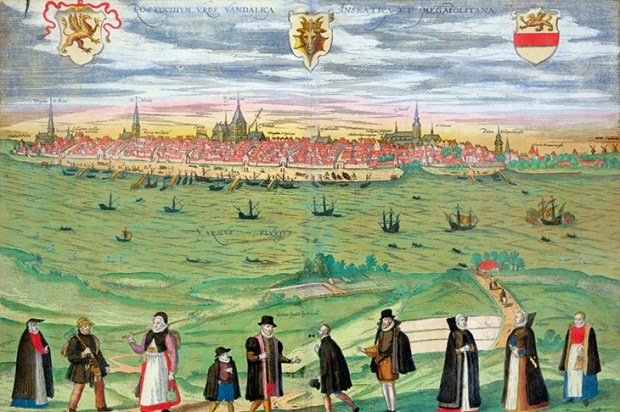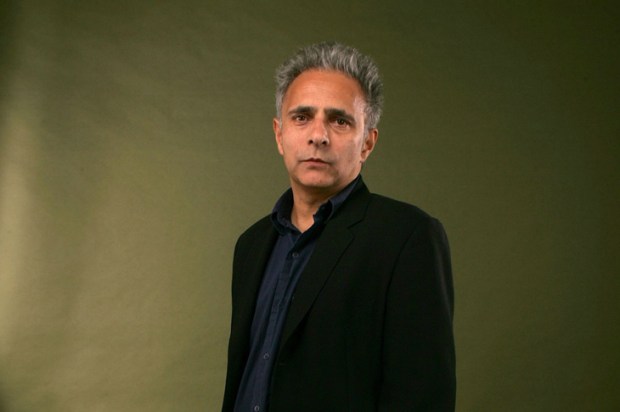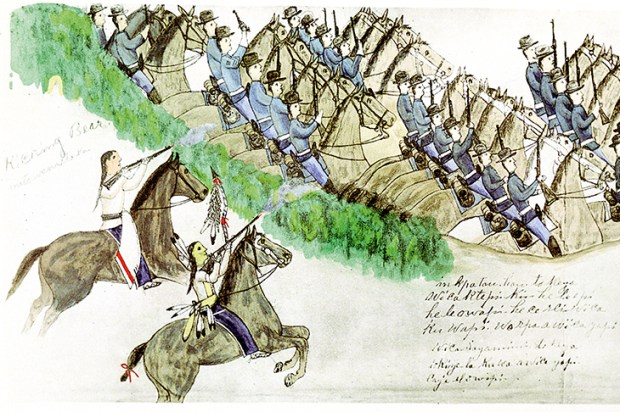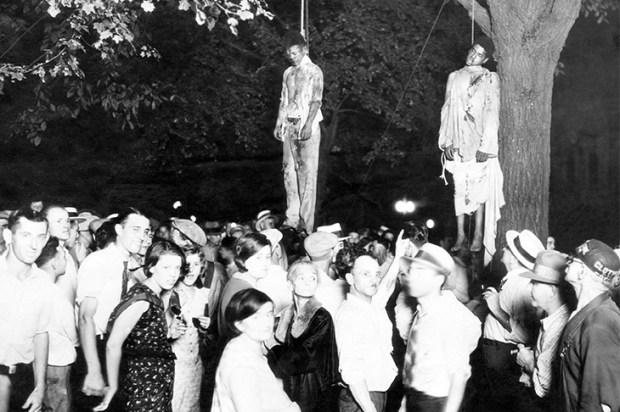On 11 May 1937, at the Gare St-Lazare in Paris, Ernest Hemingway said goodbye to a friend who was leaving Europe. Like Hemingway, John Dos Passos had been in Spain to support the Republic in its civil war against the fascist Franco. But he became disillusioned when the Soviets (also fighting against Franco) murdered someone he knew. As the train was about to leave, Hemingway asked Dos Passos not to report the event. Dos Passos refused: what was the point of fighting a war for civil liberties if you destroyed those liberties in the process? ‘Civil liberties, shit,’ replied Hemingway. ‘Are you with us or are you against us?’
The writer’s ‘at all costs’ opposition to fascism forms the theme of this book, an account of his fighting and spying adventures from the Spanish episode through the second world war to Castro’s revolution in Cuba. There was ‘only one form of government that cannot produce good writers’, said Hemingway in a speech, ‘and that system is fascism… a writer who will not lie cannot live and work under fascism.’ At this point you’re tempted to lump him in with today’s vacuous luvvies pontificating on politics as they collect the latest Oscar. But Hemingway was better than that, and knew exactly how liberated writers had become under Stalin. Years after that speech, he admitted that in Spain he’d become ‘so stinking righteous’ it gave him ‘the horrors to look back on’.
And he was always careful to insist that he was an anti-fascist, not a communist. This helps explain why he survived McCarthyism, and was never called before the House Un-American Activities Committee. A pity, really, because he told a friend that had the summons arrived he’d have said ‘slowly and carefully for the microphone’ that the committee members ‘appear to me to be cocksuckers’.
His actual achievements never amounted to very much. He agreed to spy in China for the Soviet Union’s NKVD (they gave him the codename ‘Argo’, after Jason’s and the Argonauts’ ship, because he loved the sea so much); but in the end he never met any of their operatives over there. During the second world war he assembled a surveillance team to help the US government spot potential fascists in Cuba. Called the Spook Factory, it comprised ‘a bizarre combination of bartenders, wharf rats, down-at-heel pelota players, former bull fighters, Basque priests… and assorted exiled counts and dukes’. But they didn’t spot anything of note, and Hemingway soon got bored.
Instead, he trawled the Caribbean in his fishing boat, looking for German sub-marines. ‘I can really have myself a party,’ he told the US ambassador to Cuba,
provided you will get me a bazooka to punch holes in the side of the submarine, machine guns to mow down the people on the deck, and hand grenades to lob down the conning tower.
He never attacked a single U-boat.
Hemingway’s only real contribution came in France, where his 1944 reports on German troop placements helped the Allies in their march on Paris. Reporting to an American officer who described him as ‘God, as painted by Michelangelo’, Hemingway commandeered a hotel in which he housed German prisoners of war, forcing them to remove their pants — as ‘a man without pants was less likely to escape’. (We have to assume the American meaning, though removing the British kind would surely have been even more effective.) He also forced the Germans to wear frilly jackets as they served their captors dinner. Arriving in Paris after its liberation, Hemingway parked himself at the Ritz, where his bathtub was soon filled with hand grenades and his basin with bottles of brandy.
Details like this help drive Nicholas Reynolds’s book along, compensating for the lack of actual drama. There are appearances by characters like Willi Munzenberg — a German member of the Comintern so versatile and energetic he was known as ‘the five most interesting men in Europe’ — and a US ambassador so formal that in his memoirs he refers to his own wife as ‘Mrs Philip W. Bonsal’. As ever in these stories, the biggest enmities are between those on the same side. Hemingway hates the FBI, partly because he assumes their mostly Catholic agents would have supported the Spanish fascists. He calls them ‘Franco’s Bastard Irish’.
But of course we know how it’s going to end. Throughout his life Hemingway was drawn to war. ‘It is wicked to say,’ he once wrote about war, ‘but that is the thing I love … best.’ Was it a death wish, a subconscious attempt to escape ‘the Black Ass’ (his term for depression)? His own name for the anti-U-Boat operation was ‘Friendless’ (borrowed from one of his cats) — not literally true, because he had a crew with him, but he wrote that they would have been ‘happy as goats’ if it had led to their deaths.
In his final weeks Hemingway made several suicide attempts, one of which involved trying to walk into an airplane’s whirring propeller. Eventually, you could say, he proved that happiness is indeed a warm gun, whichever way you point it.
Got something to add? Join the discussion and comment below.
Get 10 issues for just $10
Subscribe to The Spectator Australia today for the next 10 magazine issues, plus full online access, for just $10.
You might disagree with half of it, but you’ll enjoy reading all of it. Try your first month for free, then just $2 a week for the remainder of your first year.













Comments
Don't miss out
Join the conversation with other Spectator Australia readers. Subscribe to leave a comment.
SUBSCRIBEAlready a subscriber? Log in